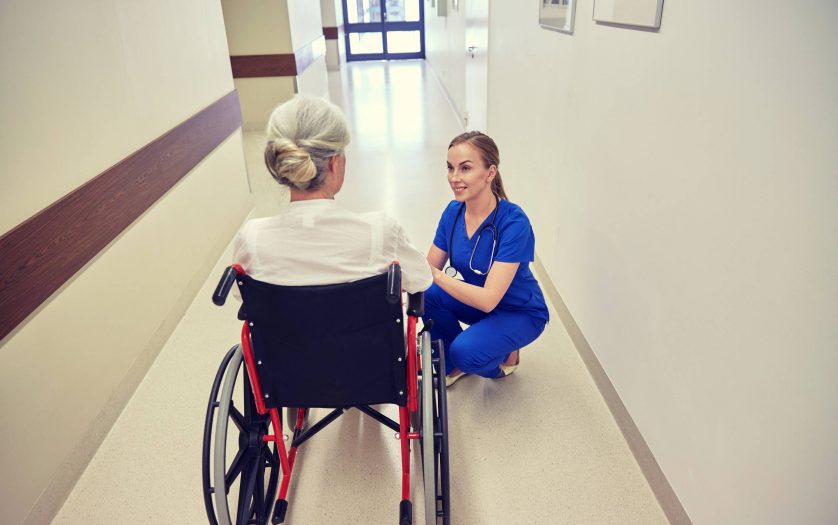
Politicians discuss the ins and outs of health care while trying to win votes, but policymakers do not seem to be listening for some Americans.
University of Kansas researchers have published a study about individuals with disabilities’ perspectives on health care policy. Respondents overwhelmingly stated access to health care is vital, and they would like policymakers to pay more attention to their needs.
Scholars analyzed data from 35 phone interviews and survey responses from more than 475 individuals with disabilities about health policy. While the respondents largely reflect the political opinions of American society at large, they tended to agree that health care should be viewed as a human right and that feelings of social exclusion and stigma inform what they would like to tell officials who make health policy in the United States.
“We found that people with disabilities are marginalized and stigmatized and that policymakers don’t listen to them,” said Sarah Smith, a doctoral candidate in sociology, a graduate research assistant at KU and lead author of the study. “They also felt that access to health insurance was important to be able to take part in society and that policymakers did not consider how the policies they make affected their lives.”
The study, published in the Journal of Disability & Policy Studies, was co-written by Smith; Jean Hall, professor of applied behavioral science and director of KU’s Institute for Health & Disability Policy Studies, and Noelle Kurth, a senior research assistant at the institute. The interviews and surveys revealed five key themes about health policy perspectives among people with disabilities.
- Access to health insurance and health care is critical for their ability to participate in society
- They felt that politicians did not understand or prioritize the needs and experiences of people with disabilities
- Participants used a variety of arguments why policymakers and society should care about people with disabilities
- They felt access to health care is a human right or moral imperative
- Participants expressed largely positive views regarding the Affordable Care Act.
Respondents nearly uniformly reported how important employment was to their lives in terms of financial security, access to health insurance, not depending on state programs for health coverage, and personal dignity. However, they also faced many employment barriers, especially those living in states that have not expanded Medicaid, who tend to lose eligibility when employed.
“Employment is a key component of being part of society and a big part of personal identity,” Smith said. “But it can be tough to access, and most health insurance is tied to employment, which also makes insurance difficult to access, especially if you’re not employed full time.”
Many study participants also shared that policymakers do not consider the needs of constituents with disabilities.








